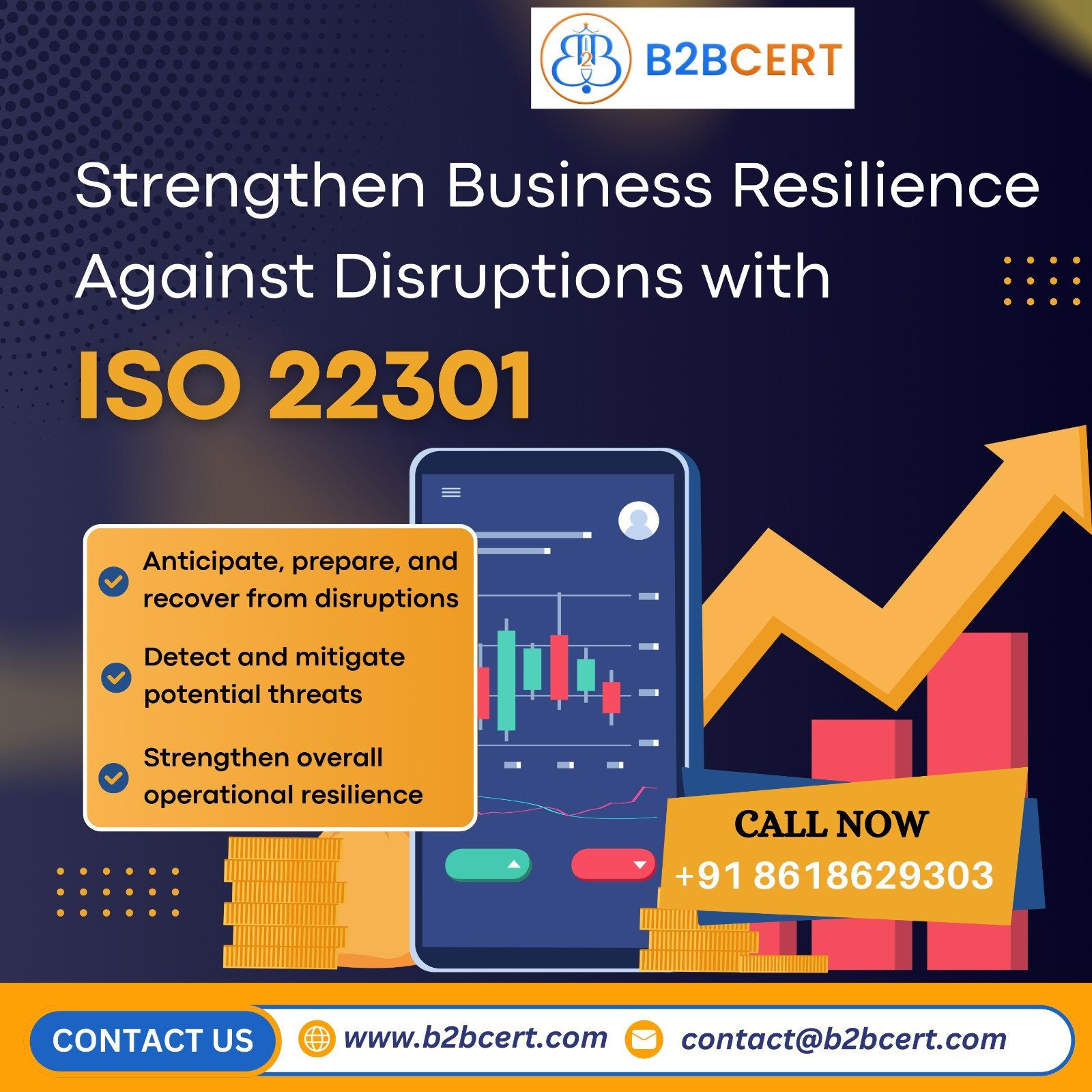How Should Organizations Define the Scope of Their BCMS?

In today’s fast-paced and unpredictable world, organizations must ensure they are prepared for disruptions of any kind—whether natural disasters, cyberattacks, or supply chain failures. Implementing a Business Continuity Management System (BCMS) in line with ISO 22301 is a powerful way to build organizational resilience. But before building and implementing a BCMS, one of the most critical steps is defining its scope.
So, how should organizations define the scope of their BCMS to align with ISO 22301 and ensure it delivers maximum value?
Understanding the Importance of Scope in BCMS
The scope of the BCMS outlines the boundaries within which the business continuity system will operate. It defines what parts of the organization are covered, what products and services are included, and what locations or functions are in scope. Without a clearly defined scope, the BCMS may lack direction, miss critical areas, or become too broad and inefficient.
According to ISO 22301 Certification in Florida, determining the right scope is essential for compliance and for demonstrating to stakeholders that the organization is prepared and proactive.
Key Factors to Consider When Defining the BCMS Scope
1. Organizational Context
Start by understanding the organization’s internal and external environment. This includes analyzing the legal, regulatory, and industry requirements, as well as stakeholder expectations. Local conditions—like the weather risks in Florida or specific industry regulations—can significantly affect the scope.
ISO 22301 Consultants in Florida often guide companies to consider geographical risks such as hurricanes and flooding when scoping their BCMS.
2. Business Objectives and Strategy
The BCMS should support the broader goals of the organization. If the primary objective is to ensure customer service continuity, the scope should include all functions supporting customer service. Strategic priorities, such as digital transformation or international expansion, can also influence the scope.
3. Critical Products and Services
Identify the products and services that are vital for business continuity. These are the services that, if disrupted, could cause major operational or reputational damage. Focus on those that are essential to customers and stakeholders.
4. Locations and Departments
Not every location or department may need to be included—especially in large, multi-site organizations. However, it is essential to include those that are critical to core functions. For instance, a financial services firm in Miami might scope in its customer support center and data processing center, while excluding non-critical satellite offices.
5. Legal, Regulatory, and Contractual Requirements
Ensure the scope includes all functions required to meet legal obligations and contractual agreements. Failing to account for these could not only disrupt services but also lead to non-compliance.
Documenting the Scope
Once the scope is defined, it should be documented clearly. According to ISO 22301 Services in Florida, a well-documented scope is not just a requirement for certification but also serves as a reference point for continuous improvement.
The documented scope should include:
-
Description of the organization
-
Relevant functions and units included
-
Products and services covered
-
Locations included
-
Exclusions (with justification)
This scope statement will be reviewed during the ISO 22301 Certification audit and must be aligned with the business continuity policy and objectives.
Common Pitfalls to Avoid
-
Too broad a scope: This can lead to resource drain and lack of focus.
-
Too narrow a scope: This risks missing critical operations and can make the BCMS ineffective.
-
Lack of stakeholder input: Not involving key departments can lead to an unrealistic or incomplete scope.
Getting Expert Help
For many organizations, working with professionals can make the process smoother. Experienced ISO 22301 Consultants in Florida can provide valuable insights, guide gap analysis, and help define a scope that is both compliant and effective. Organizations seeking ISO 22301 Certification in Florida will benefit greatly from engaging specialized ISO 22301 Services in Florida to ensure their BCMS aligns with best practices.
Conclusion
Defining the scope of a BCMS is a foundational step toward achieving ISO 22301 compliance and building true business resilience. With thoughtful planning, input from across the organization, and guidance from experienced consultants, businesses can ensure their BCMS is scoped effectively to protect what matters most.
- Onderwijs
- Course
- Books
- Drawing
- Beschrijving
- Film
- Fitness
- Food
- Spellen
- Gardening
- Health
- Home
- Literature
- Music
- Networking
- Other
- Programming
- Religion
- Shopping
- Sports
- Curriculm
- Wellness


